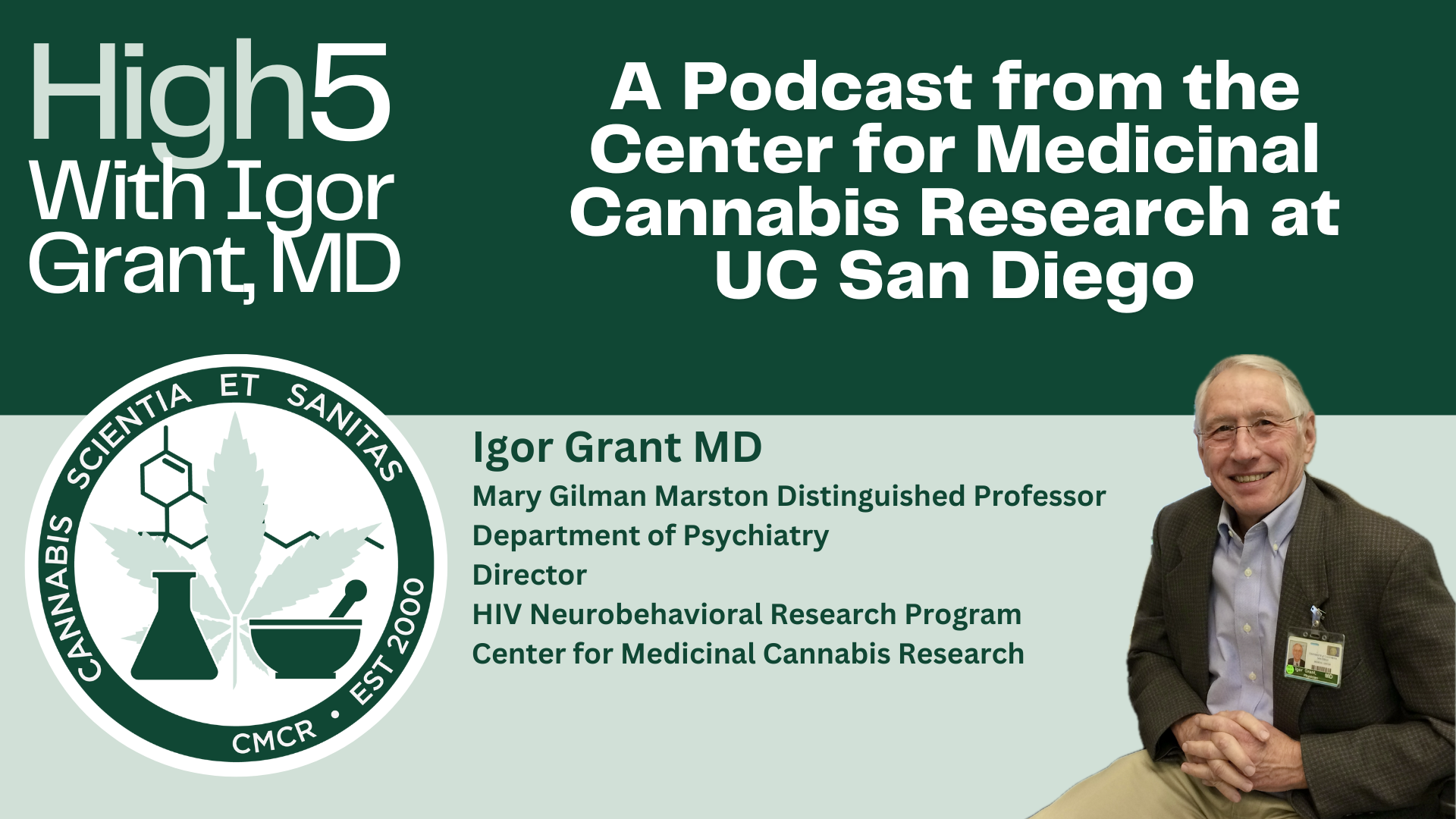
Cannabis legalization in Canada: Lessons for the U.S. with Mark A. Ware, MD
In episode 5, Dr. Grant speaks with Mark Ware, MD as he discusses the evolution of cannabis use in pain management, the implications of the Cannabis Act in Canada, and the differences in cannabis policies between Canada and the U.S. Dr. Ware highlights the importance of understanding the psychoactive effects of cannabis, the challenges in medical research, and the need for a cohesive regulatory framework to ensure safety and efficacy in cannabis products.
Mark A. Ware, MBBS, MSc, MRCP
Dr. Ware is an Associate Professor of Family Medicine and holds the Alan Edwards Chair in Clinical Pain at McGill University. He is also the Director of the interdisciplinary Alan Edwards Pain Management Unit at Montreal General Hospital. He was a co-founder of the non-profit Canadian Consortium for the Investigation of Cannabinoids and served as Executive Director from 2007 to 2018. Dr. Ware has advised the Canadian federal government on cannabis policy since 2001, and in 2016, he served as the vice-chair of the Federal Task Force on the Legalization and Regulation of Cannabis in Canada. The task force’s report became Canadian law as the Cannabis Act in October 2018.





